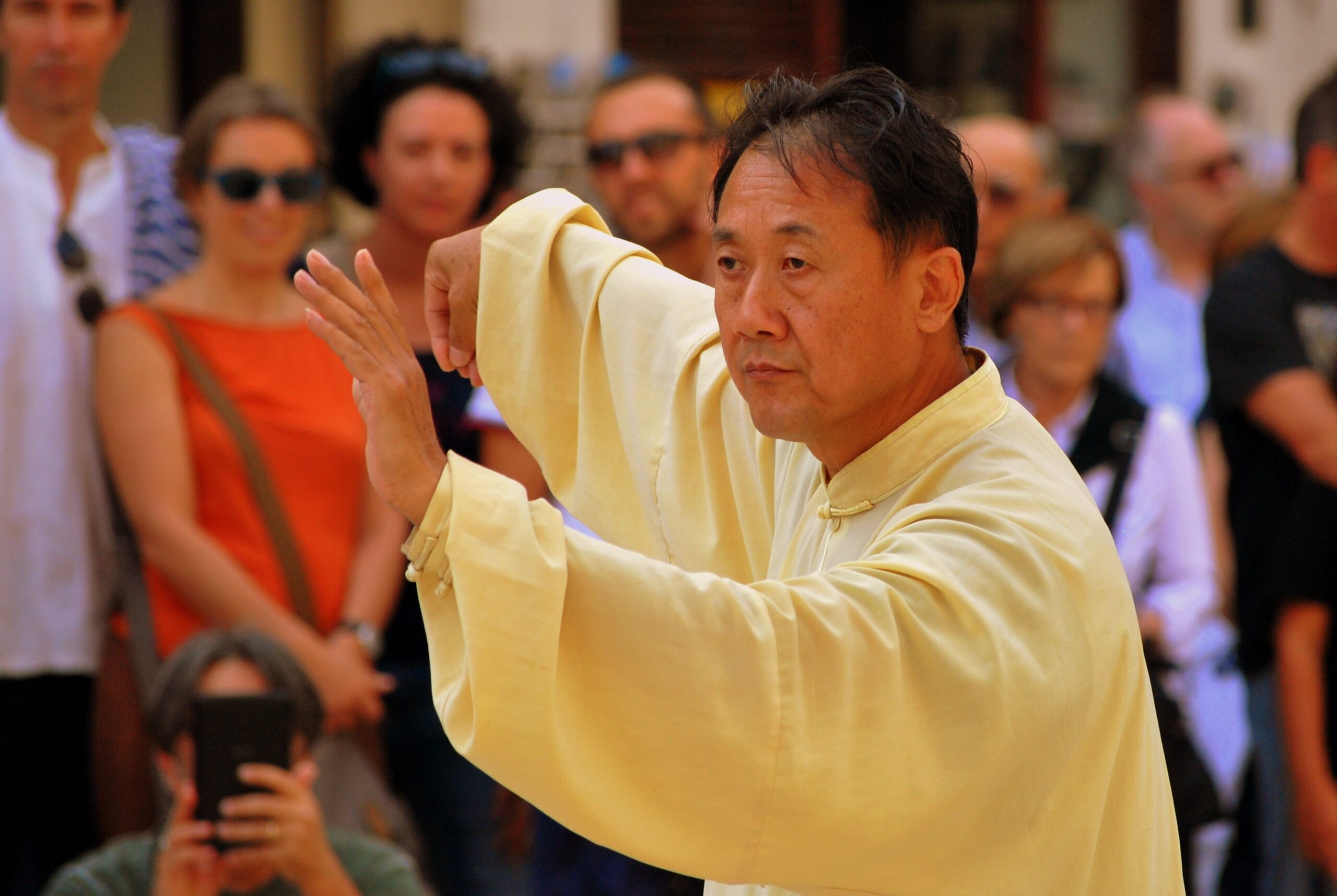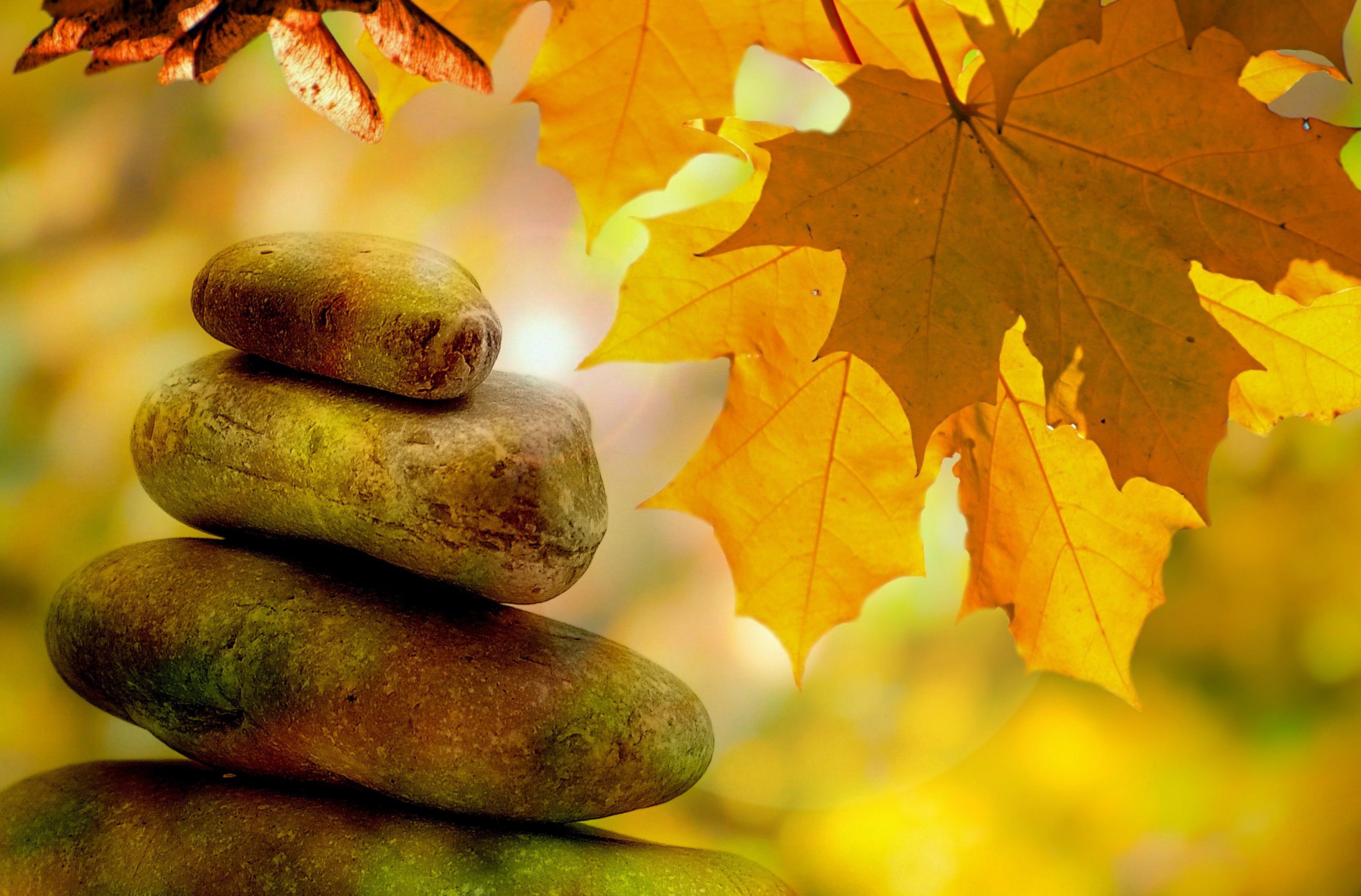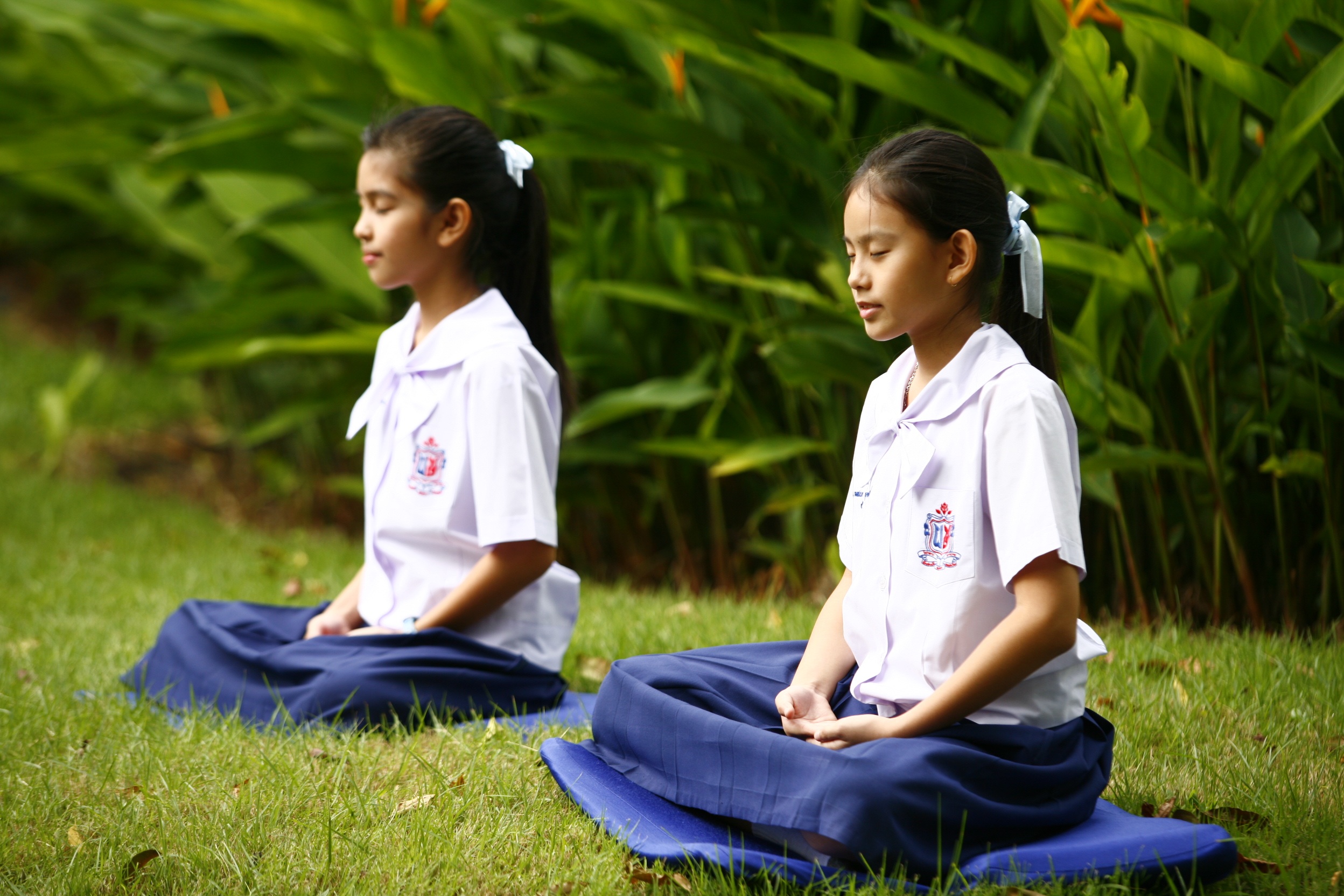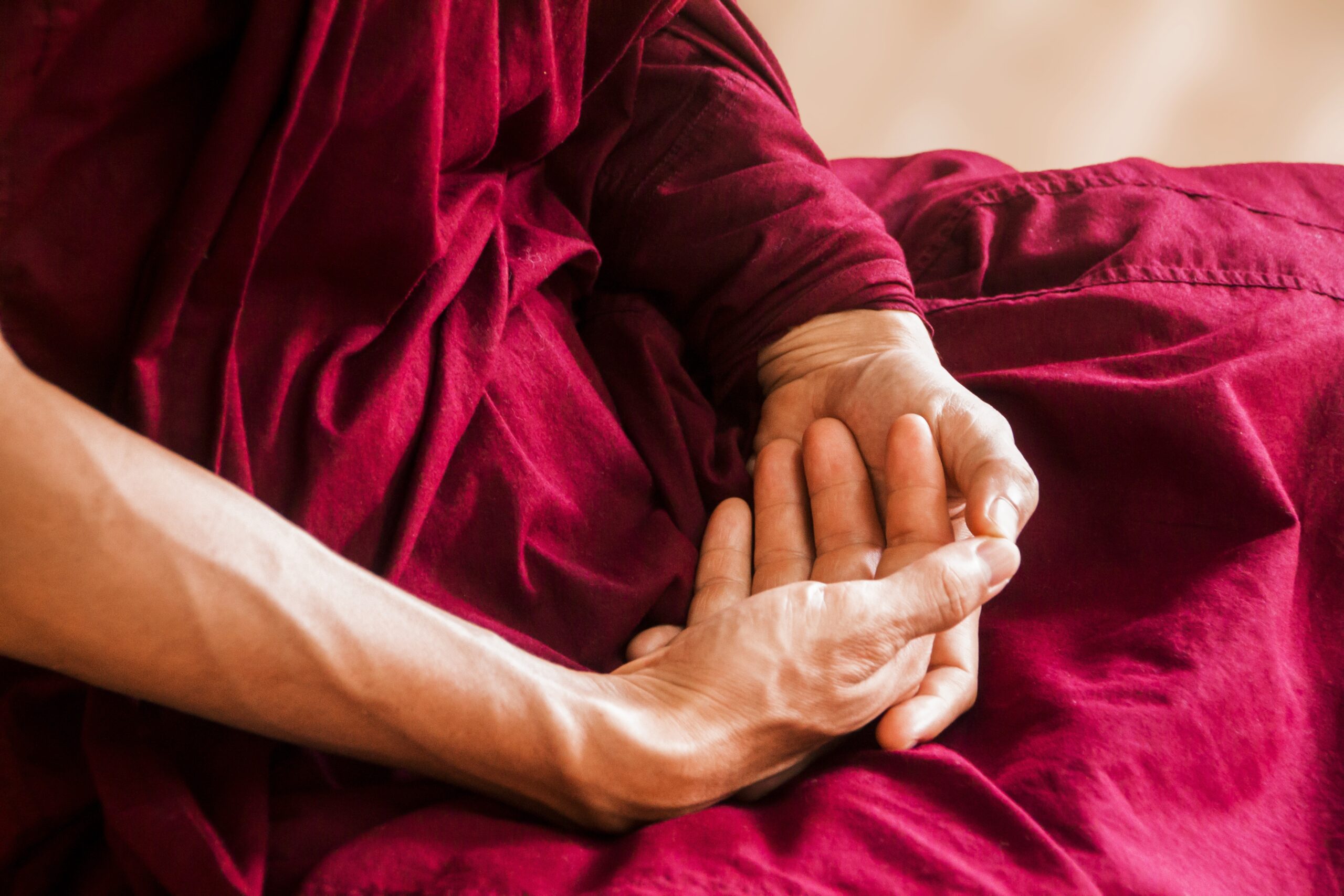Chinese Teacher & Student Relationship
Westerners have difficulty comprehending the teacher and student bond according to Chinese traditional values that dictate how we view our place in society. From a Confucian point of view, a teacher is not merely an instructor but someone far greater, and it behooves the student to acknowledge the social distinction.
In history, Kong Zi (a.k.a. Kong Fu Zi, or Confucius in English) described five major hierarchical relationships in a well-ordered Chinese society: ruler and subject, parent and child, older sibling and younger sibling, husband and wife, and older friend and younger friend.
All behavior was governed by these well-defined relationships, including that of teacher and student.
A teacher and student — or Master and Disciple — connection is viewed in the same way as a parent and child relationship. Thus, when a martial arts master undertakes to teach a disciple martial arts, he not only takes on the role of an instructor but also assumes the role of a parent.
The disciple is accepted into the family of the master and serves the master throughout his years of training and even beyond. More often than not, the filial piety the disciple has for his parents extends also to his master, the surrogate parent.
This kind of relationship requires unquestioning obedience and respect from the pupil, and knowledge, wisdom and exemplary moral behavior from the master.
Even the language reflects the social hierarchy by assigning specific forms of address to each person depending on his or her social status in society.
Addressing a Teacher by Honorific Title
The disciple addresses the master as shifu (also phonetically written as sifu in Cantonese), the master’s wife as shimu, and the grandmaster as shigong.
It sounds rather facetious in English, because there is no such hierarchical address in Western society. Students in the Western world would address their teachers with “mister,” “missus” or “miss” attached to the last name, or, even on occasion, call a teacher by his or her first name.
However, in Asian society, calling a teacher by first name would be severely frowned upon as being very disrespectful, if not downright rude. Some Westerners will even call their parents by their first name, another form of address that is considered highly disrespectful in Chinese society.
Although my brother usually calls me by my English name, when we were very little, he always called me by my Chinese name with the title “older sister” attached after it, as is customary in traditional forms of address.
Likewise, my master’s sister, who is the youngest in her family and was raised by her older brother, never calls my master by name. Instead, she calls him by the more formal and traditional form of address, Ge, meaning “older brother.”
This form of address establishes a hierarchical relationship between them, but she calls her other siblings by name, implying a less formal relationship, perhaps because she views them more as “siblings” rather than the more parental role that her older brother took on when he raised her since her early childhood.
When I engage in discourse with other Western students, I employ the Western method of address, using my master’s English first name, but I would never dare to do so in Chinese, especially directly to my master or to his family.
On the other hand, because I am so close in age to his sister and because we are so close in friendship, both of us are accustomed to calling each other by our English names, even though, strictly speaking I should be calling her shijie, meaning “older sister in martial arts.”
Similarly, because I was the youngest in our senior class, all the other students seldom identified me by name but gave me the designation “Wei family’s daughter.” This was not meant as anything disrespectful, but to acknowledge my place in a well-defined Chinese community.
In Chinese we always address a teacher by his or her honorific title. Usually, we call a teacher laoshi, a title parents of my Chinese students would formally use to address me in Chinese.
Likewise, I have always addressed my master as sifu to acknowledge his superiority in martial arts.
I always insist that my tai chi and chi kung/qigong students address me by my first name, because I feel there is no other way in English to address me. By the same token, my master’s students will address him by his first name in English, but his Chinese students all address him by his honorific title in Chinese.
A few of my students have asked me why I would not accept the title of “master” or shifu. To call me by that title would be to place me as an equal to my master, which I definitely am not.
Compared to his skill, I am just another pupil, and it would be egotistic for me to assume otherwise. Thus, when people ask me, I tell them I am merely an instructor, not a master in martial arts.
(If you don’t know the difference between a master, teacher or guide, see Qualities of a Good Master/Instructor for more information).
When my master identifies himself, he never calls himself sifu or even teacher, although he acknowledges others who address him thus. A true master never assumes the title — it is the students that honor the master with this title.
It is ironic, therefore, when I hear self-styling “masters” calling themselves as so-and-so sifu or attaching the title along with their signature! Such arrogance belies the true nature of martial arts!
Since a true master does not show off or boast about his achievements, but leads by quiet example, (see the Chi Kung/Qigong Industry and Qualities of a Good Teacher) it bodes ill for the student who follows a instructor that does not know the true meaning of martial arts.
Unfortunately, this is true for many so-called “masters” today.
Showing Respect to a Teacher
According to tradition, a host will serve tea to guests in his or her home. Also, as is customary, I often bring a tin of quality Chinese tea and fresh fruit or other small gifts when visiting my master’s home. This is expected of guests, but also as a sign of respect to my master.
Likewise, at home, it is customary for the disciple to serve tea to the master. When offering tea or anything else, the disciple must hold it in both hands.
Serving tea has a greater significance than merely offering beverage to a guest. It is a sign of respect from a subordinate to someone far higher in authority, be he a master, teacher, parent or anyone else of higher social status.
I still remember, when I was young, I was serving tea to my master and the rest of my family. Too used to serving in my parents’ restaurant, I extended the teacup with one hand to my master, and was immediately reprimanded by my grandmother.
Easygoing by nature, my master merely chuckled at my faux pas, but my chagrin was such that I never forgot again!
It is also customary to greet the instructor upon entering the classroom and to always ask permission before taking one’s leave. When the master is speaking, the student never interrupts but listens attentively to what the master has to say.
Because I grew up in a Western culture, I have always shown less reverence for my master than is normally deemed acceptable in Chinese culture. But my master, being easygoing and used to Canadian culture never once admonished me, probably knowing that I meant no disrespect for him.
I still recall, when I was the youngest student in the senior class, how much in awe his sister and the other students stood before him. Every time they had a question they would urge me to ask him, because they knew I would not give up until he gave me an adequate response.
Sometimes I would pester him until he became angry, but he never reproached me for my impudence. Each time the other students or his sister made me approach him, they would furtively look at his reaction, and if they thought he caught their looks, they would quickly look away!
I think such reactions must have amused him, because he would then smile and wave me off, saying “Enough! Go play tai chi!” And for the time being, I would bide my time until the next opportunity.
In Chinese society, it is not considered respectful to ask questions of the teacher — only the teacher could ask questions of the students to test their ability to think and analyze.
I think I was able to get away with it because my master rightly viewed me as an ignorant child, and perhaps also because he was aware that the others had put me up to it.
In some ways I think he welcomed my questioning so as to be able to explain a concept more in depth and to gauge the level of understanding in his students.
Many years later, I was to spend two years in mainland China and in Taiwan where I got to learn Mandarin, as well as refine my martial arts training. Many of the Chinese customs became more familiar to me, and have shaped the way I view my relationship with my master.
I am fortunate that I am able to have this teacher and student relationship that I have with my master. Since becoming a teacher myself, I have come to understand the complexities of Chinese hierarchical relationships as I have never understood before.




